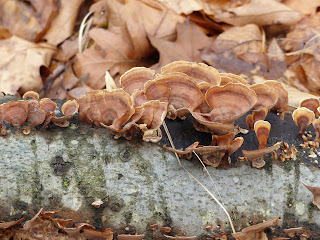Cartoonist Chris Ware, in the New York Review of Books, on Krazy Kat's banjo:
I may be in the minority here, but I really think that most if not all readers of Krazy Kat during Herriman's lifetime would have had a hard time thinking of Krazy as anything but African-American... one detail in Herriman's strip that would have absolutely cemented this identity in the minds of contemporary readers has since passed into obscurity: Krazy Kat's banjo. Through received clichés and shifts of poverty and culture in America, the banjo has come to be thought of as an instrument of poor whites, but at the turn of the century, it was as emblematic as a watermelon as part of the African-American stereotype. In fact, the banjo has a solemn origin: descended from the West African akonting, xalam, and ngoni instruments, played as an accompaniment to storytelling by Wolof griots in Senegal or the Jola in Gambia, early instruments like what became the American banjo were recreated by American slaves from whatever plantation materials were at hand — gourds, turtle shells, coconuts, animal skins — to try to hold on to a memory of life and culture torn from their grasp.Chris Ware, "To Walk in Beauty."
To the modern reader, the banjo in Krazy Kat might seem a lighthearted accessory, but when Krazy picks it up to sing "There is a Heppy Land Fur, Fur Away," the meaning, to thoughtful readers of the 1920s to the 1940s, would have been clear. Even more astonishingly, Krazy never plays a "proper" banjo, but plays the gourd or coconut banjo, the origins of which by the time of the strip's appearance would indeed have been obscure. Herriman knew what he was doing, and it's not insignificant that the very last strip he left unfinished on his drawing table showed Krazy playing a gourd banjo.
Related post: From the Archives: Krazy Kat


















































